The source of renewable energies II. (The application of wind power, water energy and hydrogen cell) - RKWMF2ABNE
Academic year/semester: 2024/25/2
ECTS Credits: 5
Available for: All OU students
Lecture hours: 2
Seminarium:-
Practice: 2
Laboratory: 0
Consultation: -
Prerequisites: RKXEL1EBNF
Course Leader: Lóránt Szabó, Ph.D.
Faculty: Rejtő Sándor Faculty of Light Industry and Environmental Engineering, 1034 Budapest, Doberdó utca 6.
Course Description:
The educational objective of the course is to introduce students to wind, hydroelectric and hydrogen
cell technologies, showing their potential, advantages, disadvantages, and limitations. In particular,
the history of wind turbines, their types (horizontal, vertical axis), wind turbine parts and their
operation will be introduced. Students will learn about the calculation of the efficiency and payback
time of wind turbines. The second part of the course introduces the history of hydropower (water
wheel irrigation systems, water mills, etc.), the types of water wheels and water turbines. Students
will be given an explanation of the tidal phenomenon through some examples (estuarine tidal power
plants e.g., Severn, England). The course will also cover the principles of hydrogen cells and the
attempts of car manufacturers to replace the former petrol and diesel cars.
Competences:
− Knowledge of general and specific mathematical, natural, and social scientific principles, rules, relations, and procedures as required to pursue activities in the special field of environment protection. − Knowledge of the learning, knowledge acquisition, and data collection methods of the special fields of environment protection, their ethical limitations and problem-solving techniques. − Comprehensive knowledge of the basic features and interrelations of environmental elements and systems, as well as of the environmentally harmful substances affecting them. − Knowledge of the concepts and tools of economics and environmental economics, project, and environment management in environment protection. − Knowledge of the basics of energy management, options for energy production, their advantages, and disadvantages, as well as the concept and feasibility options of sustainable development. − Able to participate in project and proposal implementation and audit tasks based on their knowledge. − Able to participate creatively in engineering work based on their multidisciplinary skills, as well as to adapt to continuously changing circumstances. − Able to take part in environment expertise, advisory, and decision preparation work. − Efforts to improve knowledge by on-going self-education and continuously update their knowledge of the world. − Monitoring regulatory, technical, technological, and administrative changes related to the special field and enforcing them in their professional work.
Topics:
Week 1:
Lecture: A historical overview of the use of wind energy. Physical description of wind generation.
Week 2:
Lecture: Types and design of wind turbines, characteristics of wind turbine development.
Week 3:
Lecture: Harnessing the kinematic energy of wind, efficiency. Betz formula. Flow and force relations of a wind blade.
Week 4:
Lecture: Construction and operation of a three-bladed horizontal axis wind turbine. Wind turbine operation and connection to the national grid.
Week 5:
Lecture: Onshore, offshore, floating wind turbines. Wind turbine development and prospects for reducing carbon dioxide emissions, environmental impacts of wind power.
Week 6:
Lecture: Wind turbine development and prospects for reducing carbon dioxide emissions, environmental impacts of wind power.
Week 7:
Lecture: Writing and solving a final paper on wind energy applications.
Week 8:
Lecture: Water cycle. Energy chain of hydroelectric power plants. International hydropower potential.
Week 9:
Lecture: Hydroelectric power plant output. Life cycle of hydropower plants.
Week 10:
Lecture: Types of hydroelectric power plants and turbines. Bánk turbine. The world\'s largest hydroelectric power plants. Pumped energy storage (PES). Environmental aspects of hydroelectric power plant installation. Hydropower situation in Hungary.
Week 11:
Lecture: Hydrogen production. Electrolysis. Hydrogen storage and transport.
Week 12:
Lecture: Classification of fuel cells. How PEM works. When is hydrogen considered renewable, green energy? Accelerating the hydrogen revolution.
Week 13:
Lecture: Replacements. Summary. Writing the second ZH.
Week 14:
Lecture: Replacement paper. Discussion of second test. Workshop.
Assessment: Attendance: It is compulsory to attend the lectures. The rules of education and exam directory (TVSZ) are the guidelines. Methods of qualification: Requirement of signature minimum result (40%) from written test. Exam mark from written exam test. Total points: 100. Exam marks: 85-100%: excellent (5), 70-84%: good (4), 55-69%: average (3), 40-54%: pass (2), 0- 39%: fail (1). If the student has not met the requirements of obtaining the term mark (e.g. has not written or failed the in-class test, has not submitted the measurement report, etc.), he/she must be given one opportunity to make up for the term mark in the study period. If the student is still unable to obtain the term mark through this opportunity and the requirements of the course give an opportunity for it, then the student can make an attempt to obtain the term mark on one occasion on one of the first ten work days of the examination period against a fee specified in the “Regulations of ÓU on possible benefits for students and on fees and charges payable by them” (hereinafter RBF).
Exam Types:
Written Exam
Compulsory bibliography: 1. Michaelides, Efstathios E. Stathis: Alternative Energy Sources, ISBN 978-3-642-20951-2 2. Robert Gasch, Jochen Twele: Wind Power Plants: Fundamentals, Design, Construction and Operation, Springer Science & Business Media, 2011. okt. 12. - 548 pp. 3. Arnold, Guy: Wind, Water and Solar Power: New Energy Possibilities (Facts on), Hachette Children\'s Group, ISBN: 0749603682 93 4. Tony L. Burton- Nick Jenkins- Ervin Bossanyi - David Sharpe - Michael Graham: Wind Energy Handbook, ISBN: 978-1-119-45109-9, Wiley, 2021 5. Sherry Neuwirth Payne: Wind and Water Energy, Heinemann/Raintree, 1983, ISBN: 978- 0817214180 6. Elizabeth Raum: Water and Geothermal Energy, Heinemann-Raintree, 2008. pp. 32. 7. Edited by Detlef Stolten: Hydrogen and Fuel Cells: Fundamentals, Technologies and Applications, 2010. Wiley VCN, ISBN: 978-3-527-32711-9
Recommended bibliography: -
Additional bibliography: -
Additional Information: -



